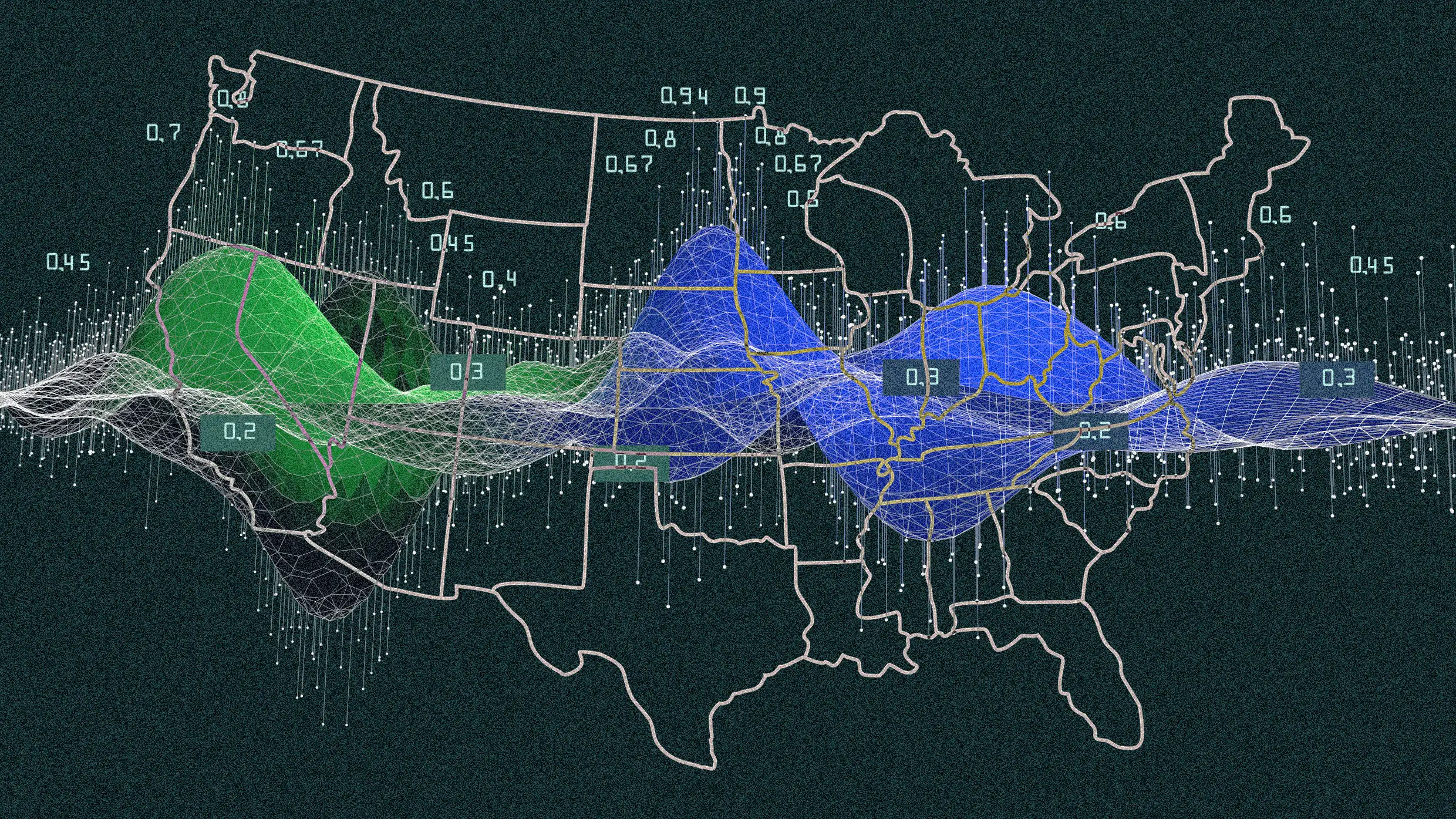
"Government use of AI has transformed many governmental functions, but algorithmic decision-making may incur hidden costs, such as racial and gender biases."
"State legislatures have introduced bills focused on public sector use of AI, emphasizing transparency and consumer protections to mitigate risks."
"The Colorado Artificial Intelligence Act mandates that developers disclose risks associated with AI systems involved in consequential decision-making."
"Montana's 'Right to Compute' law obliges AI developers to implement risk management frameworks for systems crucial to critical infrastructure."
State legislatures are increasingly taking on the responsibility of regulating artificial intelligence technologies amidst a lack of federal regulations. In 2025, all 50 states have introduced various AI-related legislation, particularly focusing on four main aspects: government use, health care, facial recognition, and generative AI. Several states have enacted laws aimed at ensuring transparency and consumer protection in public sector AI applications, addressing potential algorithmic biases and harms. Notable examples include Colorado’s AI Act, which emphasizes disclosure of risks, and Montana's 'Right to Compute' law requiring risk management frameworks.
Read at Fast Company
Unable to calculate read time
Collection
[
|
...
]